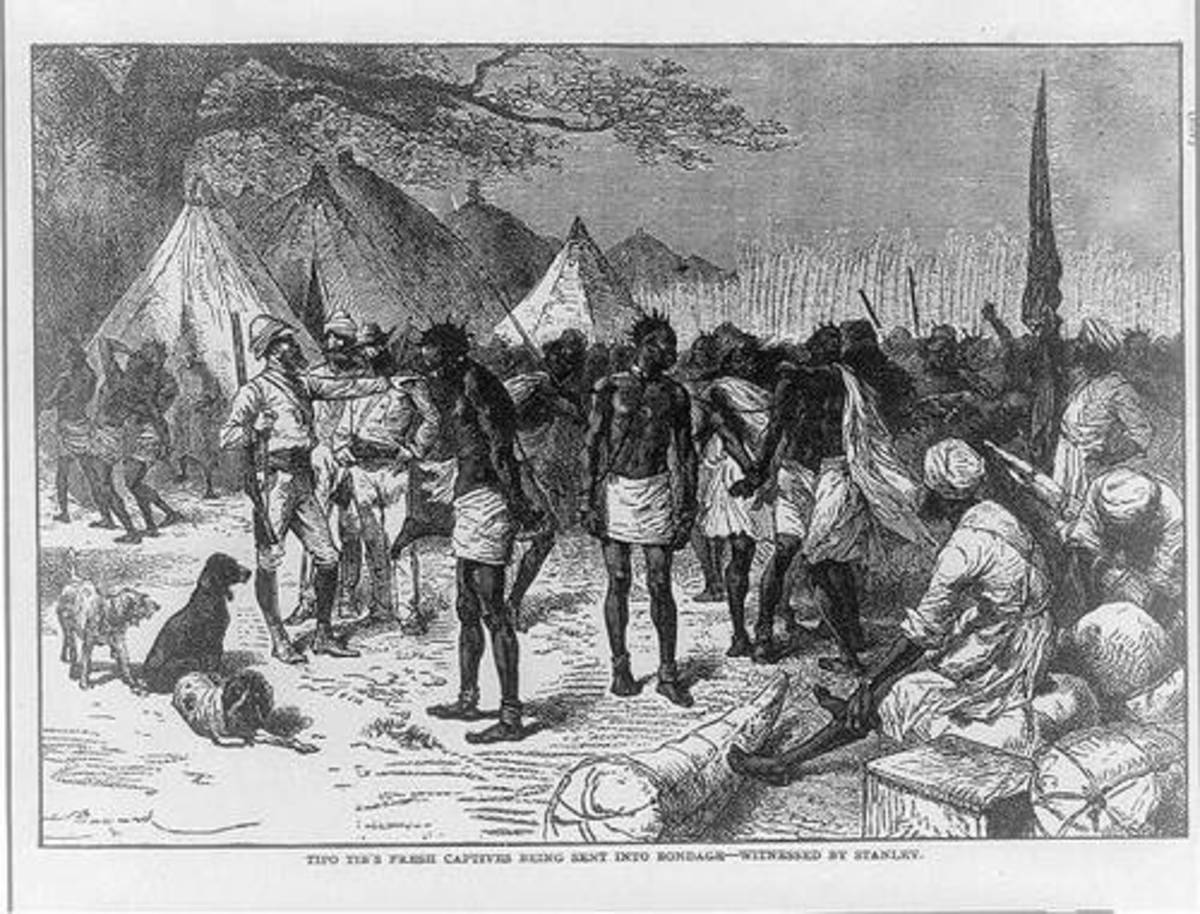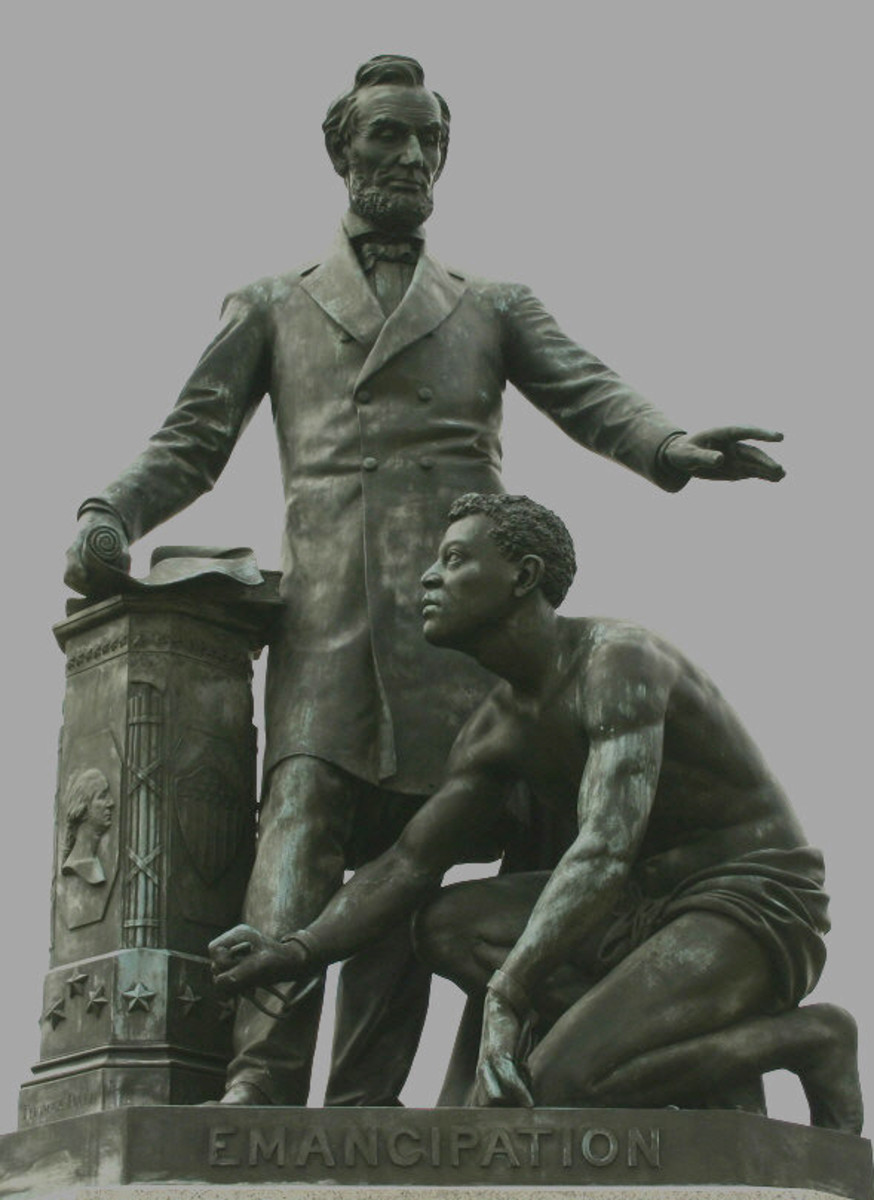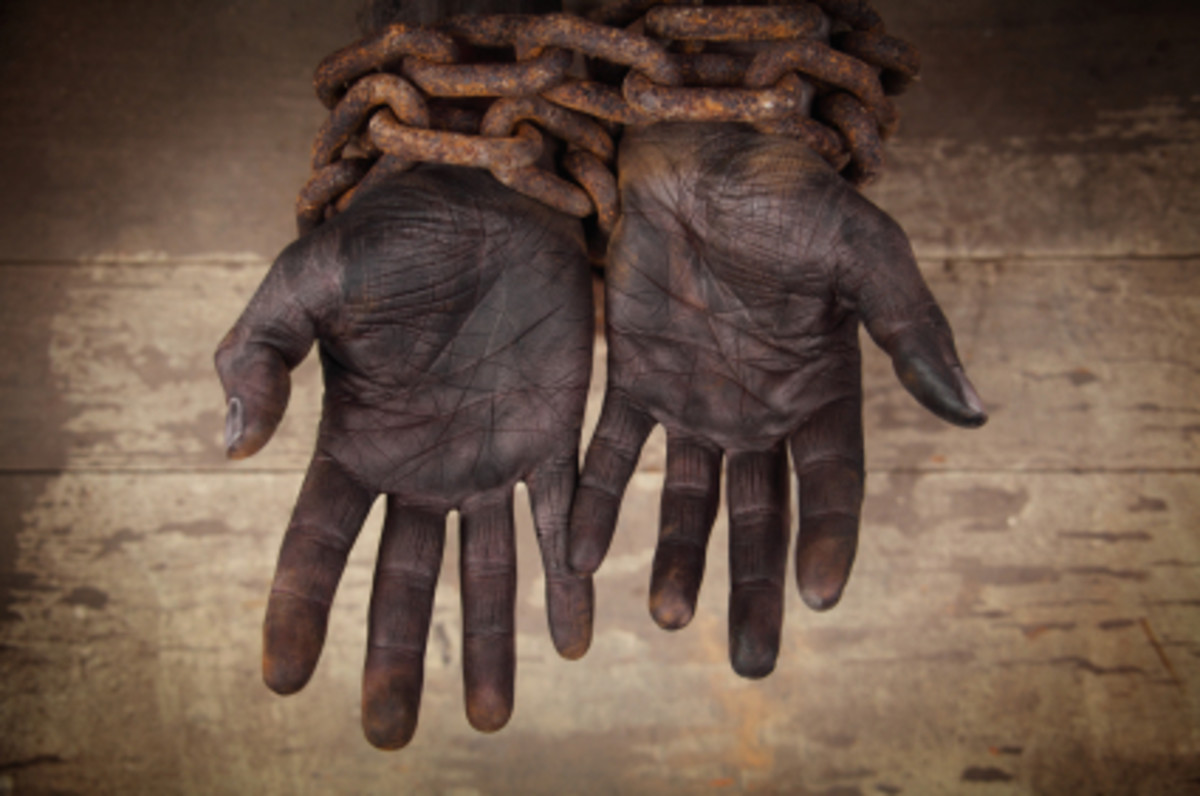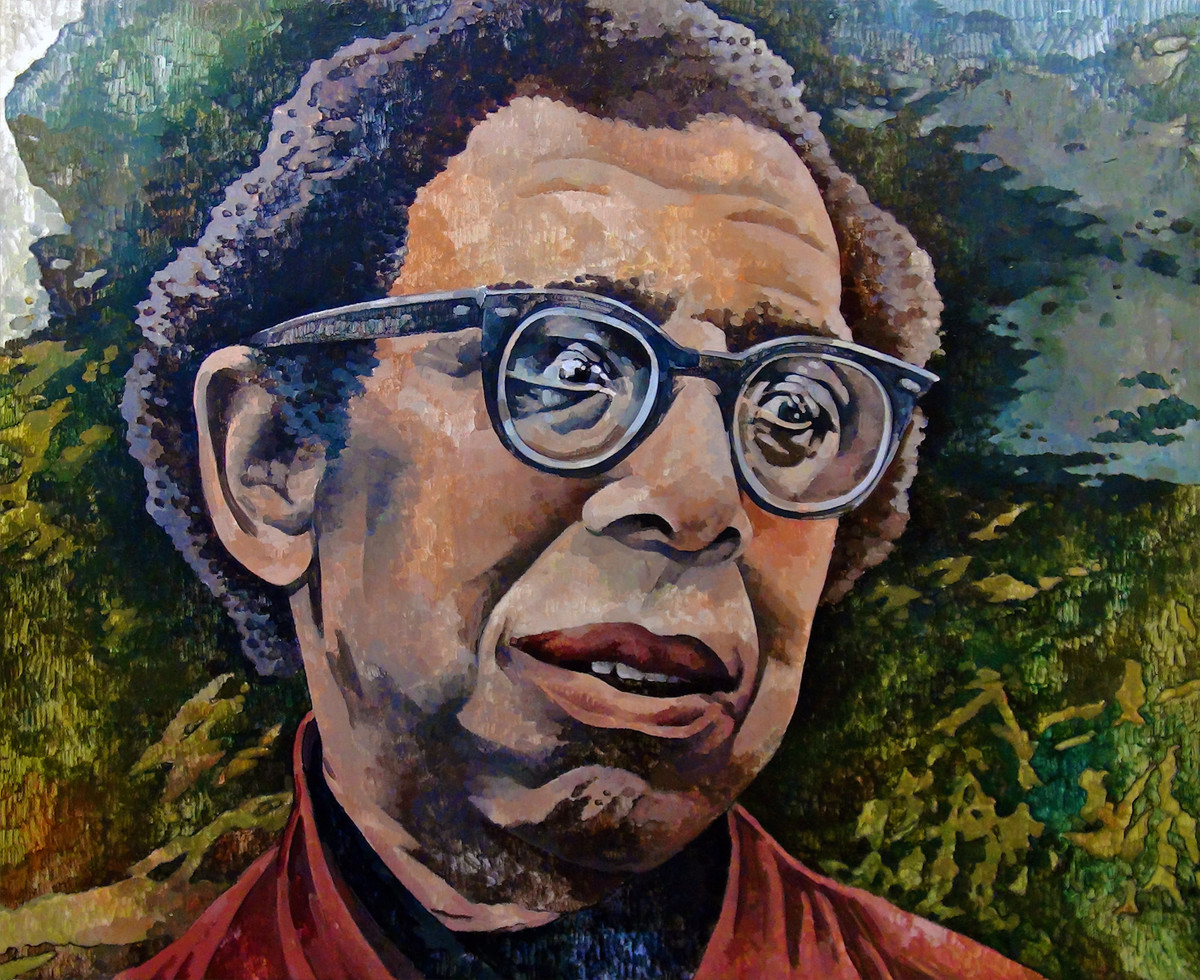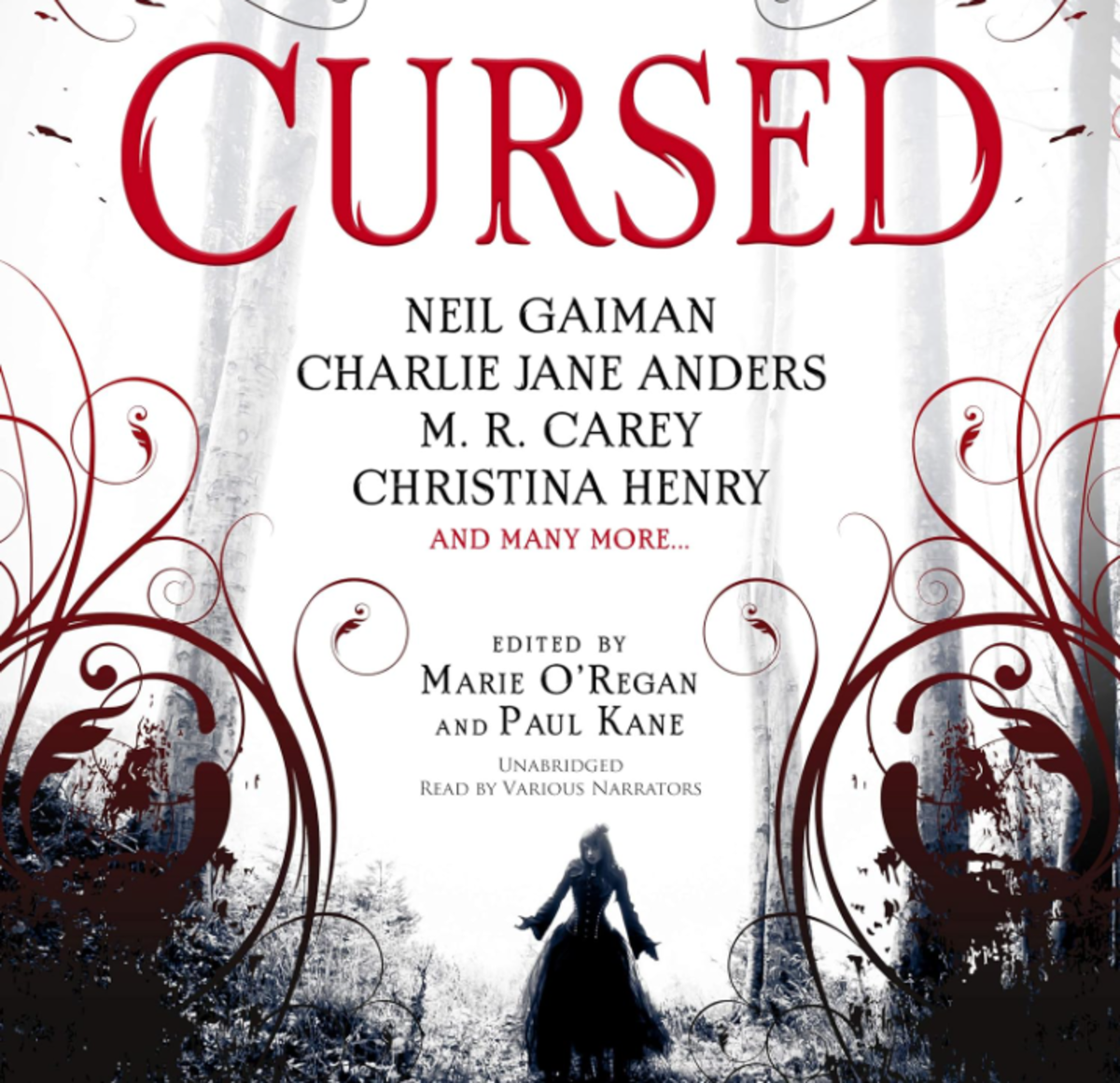Abolishing Slavery Through Literature
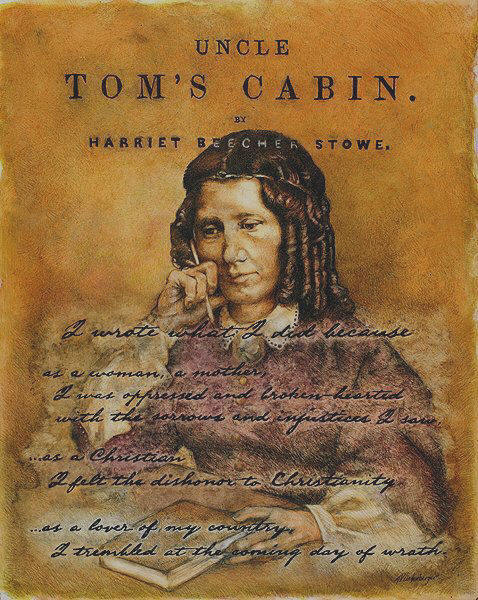
Frederick Douglass and Harriet Beecher Stowe were both very passionate about ending slavery. They showed this passion and tried to persuade others by writing extremely moving pieces of literature. Both Douglass and Stowe focused their writings to grab the attention of white Northerners. Their writings connected readers through personable characters and having faith in their religion.
Harriet Beecher Stowe’s Uncle Tom’s Cabin is one of the best pieces of anti-slavery literature. Stowe has numerous characters that white Northern women could relate to and sympathize for. This was Harriet Beecher Stowe’s target. She wanted Northern white women to be against slavery so that they could persuade their husbands to feel the same way towards slavery. Stowe also focused on religion and how slavery was not morally right for the white people to ignore.
The main character of Uncle Tom’s Cabin, Uncle Tom, was the most powerful persuader. Uncle Tom was religious and he made white people question their Christianity. The slaves were given terrible lives but yet still praised God and thanked him for the tiny things in their lives that were good. “Ah! Would that they did not also bear along a more fearful freight,--the tears of the oppressed, the sighs of the helpless, the bitter prayers of poor, ignorant hearts to an unknown Good—unknown, unseen and silent, but who will yet “come out of his place to save all the poor of the earth!”” (Stowe 1751.) This quote makes the white reader question how they can pray for such trivial things when African Americans are being treated in such a terrible way but yet still trust their faith in God.
Stowe also pulled at women’s feelings by telling the readers about the truth of being sold. Families would be separated from one another when they were bought and sold. The story of the slave Lucy and the loss of her baby is one story in particular that would affect white women. Mr. Haley took Lucy’s baby and sold it while she was sleeping. Lucy’s reaction to finding that her child had been taken is heart wrenching. “But the woman did not scream. The shot had passed too straight and direct throught the hear, for cry or tear. Dizzily she sat down. Her slack hands fell lifeless by her side. Her eyes looked straight forward, but she saw nothing.” (Stowe, 1741-1742.) Shortly after learning that her child had been sold, Lucy killed herself. Any woman who has a child would be devastated to learn that these types of actions were actually taking place in the South.
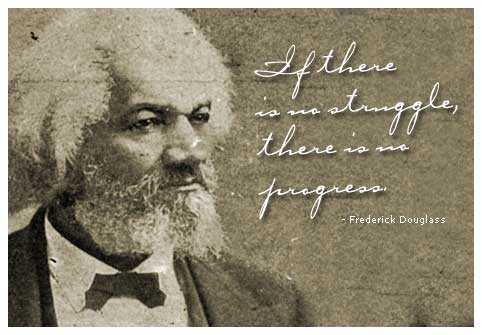
Frederick Douglass, like Harriet Beecher Stowe also persuaded white Northerners with the use of religion. In The Narrative of the Life of Frederick Douglass, Frederick Douglass tell of how the Master whipped his Aunt Hester after she had been caught with a man. “Had he been a man of put morals himself he might have been thought interested in protectin the innocence of my aunt; but those who knew him will not suspect him of any suck virture.” (Douglass, 2074.) This quote shows that he was not looking out for Aunt Hester’s morals; he was just simply whipping her because she was a slave. This made the slave owner look like a terrible human being to the eyes of the white Northerners who were not educated about slavery. Douglass also questions his faith when he ask, “Is there any God? Why am I a slave?” (Douglass, 2100). This makes the white reader realize that the treatment of slaves is so terrible that they question God for their punishment.
Both Harriet Beecher Stowe and Frederick Douglass used religion and family to attract the reader to be against slavery. Their goal was to convince the white reader to help abolish slavery because they either felt sympathy for the slaves or because it was morally against their religion. These efforts worked for many white Northerners who were unfamiliar with the truth of Southern slavery. Stowe and Douglass wrote powerful pieces of literature that impacted white Northerners to become abolitionists.



